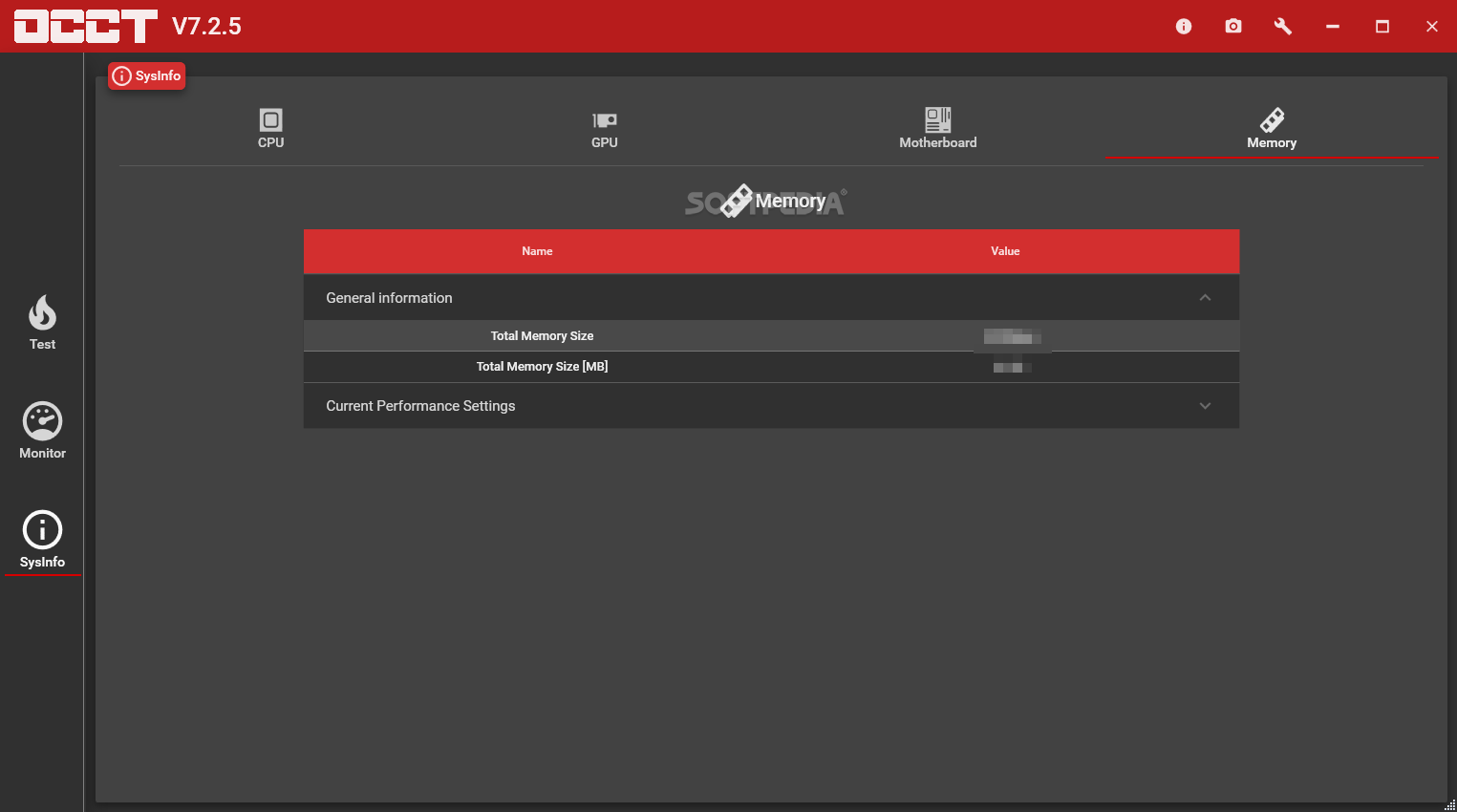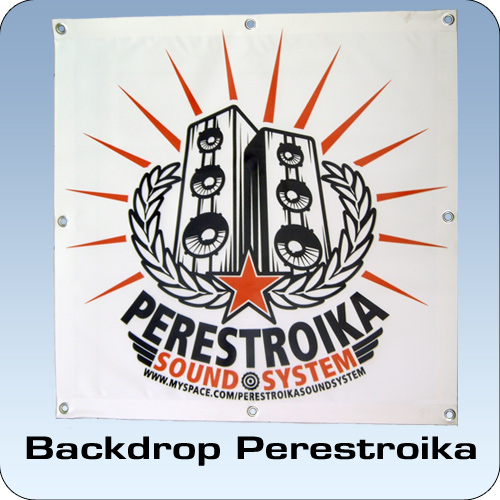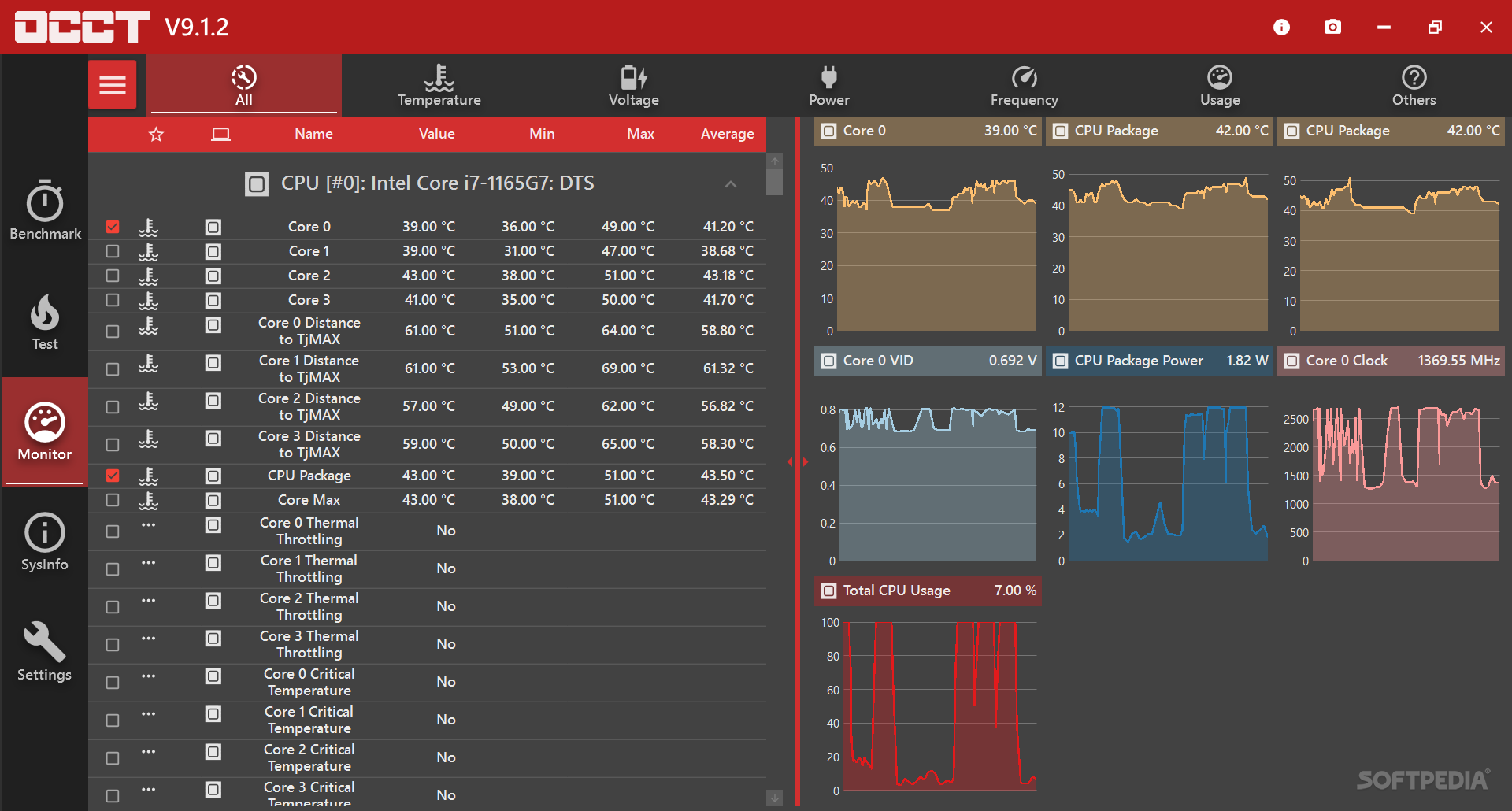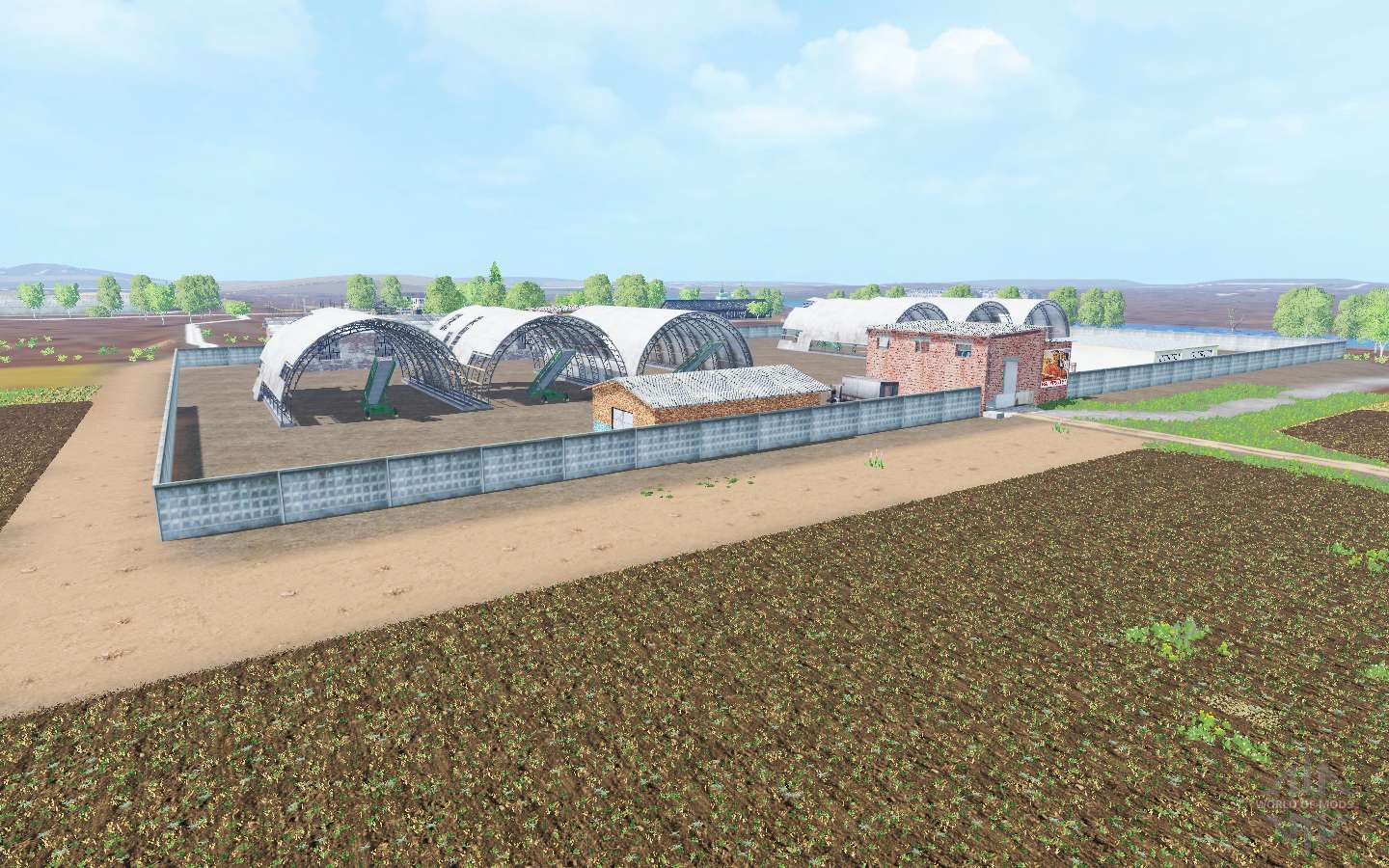

“It is not easy to predict the future course of events, which will depend to a large extent on the overall political situation in the USSR” is the cautious evaluation of the confidential expert report for the North Atlantic Council in October 1989. This was one of the main causes which, in combination with others, led to the undermining and finally to the disintegration of the Soviet Union.


Political Science Forum renounced their national identity in favor of the Soviet melting pot in practice, however, the non-Russians were always oppressed by the dominant nationality, although this fact was not ideologically and constitutionally visible. The research needed to conceive this paper was partially facilitated by an AMPOSDRU grant which I received from Babeș Bolyai University for the whole duration of my doctoral studies. Finally, I decided to concentrate on the Soviet Union exclusively. Its previous title was Cohesion or destabilization? Controversial aspects regarding the influence of the Russian Federation on its 'near abroad', where I also took into account the national problems of the former Soviet Union. 159 2 This paper was initially presented at the 2008 edition of the 'Ideologies, values and political behaviors in Central and Eastern Europe' conference, which took place between 5 and 6 of December at the West University of Timișoara. Officially, the Russians also must have 1 The syntagm was borrowed from Jowitt: 1992, p. Recognizing the imperilous potential which the nationalities might have with reference to the Soviet Union as a state, the communists tried both ideologically and politically, to 'forge' a Soviet supranational identity able to overcame this thorny problem. Kenneth Jowitt's concept, 'the Moscow centre', applies to the whole socialist camp, both the USSR and to the rest of the communist states loyal to Moscow however, in the present paper, I have carried out a risky enterprise, and limited it only to the territory of the former USSR, more exactly, to the relation between Moscow and the nationalities and/or ethnies of the Soviet Union, most of them dispersed trough the remote regions of the country and only a part of them having their own federative republic.

Taking into account the ideological responses the Soviet Union offered, in its different phases of existence, to the national question, this study aims to offer a diachronical perspective of Moscow's efforts in order to create a 'Soviet people'.


 0 kommentar(er)
0 kommentar(er)
